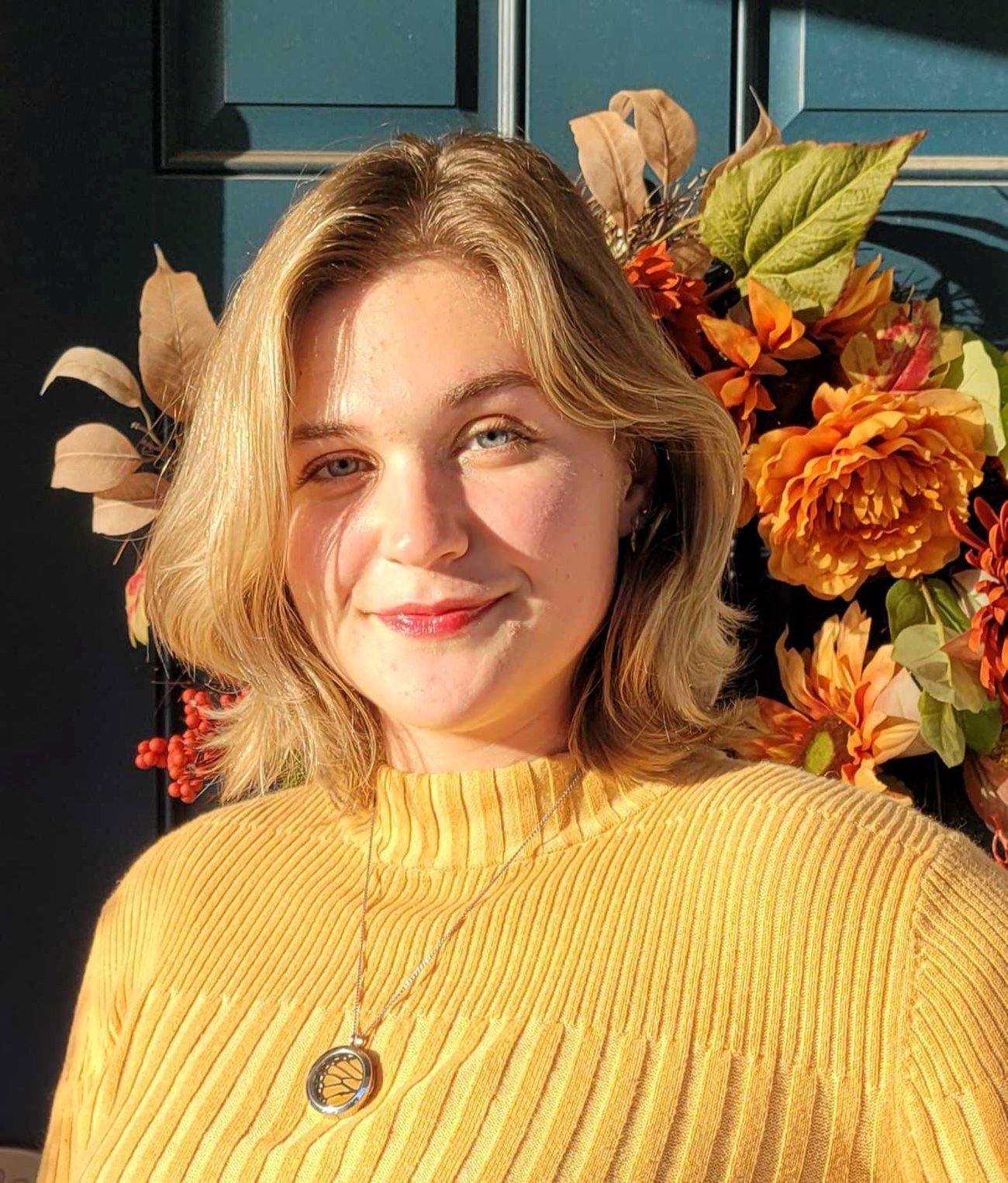 |
|
Desk reporter Elise Plunk
Louisiana Illuminator |
|
|
"I love to hear back from people who read my articles. I love the simple thrill of knowing folks have read my writing. But it can also be daunting to get critiques, or even personal insults and name-calling (editor's note: do not do this). Sometimes it's encouragement from people working in the field I wrote about, telling me to continue covering the issue. I even had a note from my own mom once, when she heard a piece get picked up on NPR's Science Friday.
Most recently, my story about off-bottom oyster harvesting, which is being pitched as a possible solution to the threat posed to the industry by sediment diversions in the Gulf, garnered a ton of response.
|
|
|
|
I had calls from oyster harvesters who wanted to talk about how the technique holds promise for diversifying the oyster industry, but it wouldn't be the solution for the now-defunct Mid-Barataria Sediment Diversion project. People working in the Louisiana State Capitol wanted to discuss our history of engineering the environment. And people all over emailed me simply to say they'd enjoyed what I'd written and would follow my work in the future.
Whatever the response, I consider it a central part of my job to read and respond to all comments sent in good faith. The platform we have as journalists is powerful, but I see these stories more as conversations: opportunities to spark and continue a dialogue with the people who read our work.
So, please, always send me a message: if you like what I wrote, have critiques, or if it made you think of another interesting idea that might turn into a story. I love a good conversation."
|
|
|
|
Michael here again. You can read that much-discussed story here and find more of Elise's reporting here. And beyond comments, we always want to hear from our readers, viewers and listeners. You can email us any time at info@agwaterdesk.org.
We're trying something new this week as well: sharing local stories from our reporters across the basin. I'm looking forward to collecting these more often, as the things these folks cover are so unique and varied, just like the basin states.
|
|
|
|
Local Stories From Our Team |
|
|
|
|
|
|
|
Finally, I want to add again: the Desk is hiring! We're looking for two full-time editors: our Editorial Director and Assistant Editorial Director. We're also taking applications for two Expert Journalists, folks who spend a few hours a week supporting our reporters. Details on all those positions are here. Come join our team!
Thanks for reading. More next week from across the Basin.
|
|
|
|
Sincerely,
Michael Crowe
Operations Manager,
Ag & Water Desk |
|
|